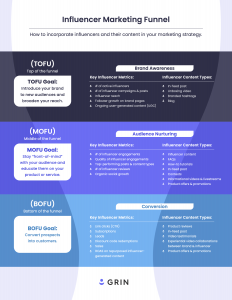
Time is not an infinite resource. If you waste even one hour, you cannot recover it. You cannot replace it. Time is perishable.
It is simply gone forever.
Take time to practice being conscious of how you ‘invest’ your time. Consider the actual number of minutes you spend engaging on your work and activities throughout the day. Ask yourself:
- Am I fulfilled?
- Did my activities serve my goals and me?
- Did I invest in myself?
- Was my time on task meaningful?
- Did it deliver a daily impact?
- Was I able to drive my business forward?
- What was the ROI of my time?
If your ‘self’ is lagging, and not delivering measurable outcomes, perhaps it is time to evaluate:
- Priorities
- Focus
- Goals
- Time Blocking Strategies
- Desired Results
It can be uncomfortable to sit with yourself to examine your processes and achievements but as you begin to reveal your ‘soft spots’, you have the opportunity to create pivotal growth. This assessment initiates a deeper dive beyond the concept of time management. There is more than just the time in your life. In “It’s Not About Time”, David Allen called it self-management.
“The savvy know self-management is really an issue of what we do with ourselves during the time we have. Self-management is about knowing what to do at any given moment. It’s dealing effectively with the things we have to do to achieve our goals and fulfill our purpose.
Managing oneself may offer greater insight than simply thinking about managing your time. What we value is what we spend more time doing. You will always pay more attention to, and spend time on, what you value most, whether it is your family, career, health, social life, sports or social media and technology. It is only by looking at how you spend your time that you will know what is important to you.
Weigh the return on investment of the time you are spending on an activity or project. Is it the best value of your time? Is it a diversion tactic to avoid a difficult project? What are you getting out of it?
Self-discipline accompanied by self-management help to drive your time more effectively and efficiently.
A moment lost, is gone to the ether.
Be mindful.
In an article by Anthony Iannarino, “Return On Time Invested,” he suggested measuring each activity, the time you spent, and the return. If there was no return on your time, then you must realize that that task or activity is not worth doing. A better use of your valuable time is to focus on those activities that produce a desired, profitable and rewarding outcome.
Leveraging your time and effort is a fundamental strategy for success. You can:
- Eliminate unnecessary activities
- Prioritize so you focus your energy on those tasks that provide the highest rate of return
- Set long and short term goals with action steps, motivating you and keeping you on target
- Learn how to effectively delegate
- Outsource non-core tasks/projects
Let’s close with a quote from Jack Canfield,
Most entrepreneurs spend less than 30% of their time focusing on their core genius and unique abilities. In fact, by the time they’ve launched a business, it often seems entrepreneurs are doing everything but the one thing they went into business for in the first place.
Business & Finance Articles on Business 2 Community
(48)
Report Post



